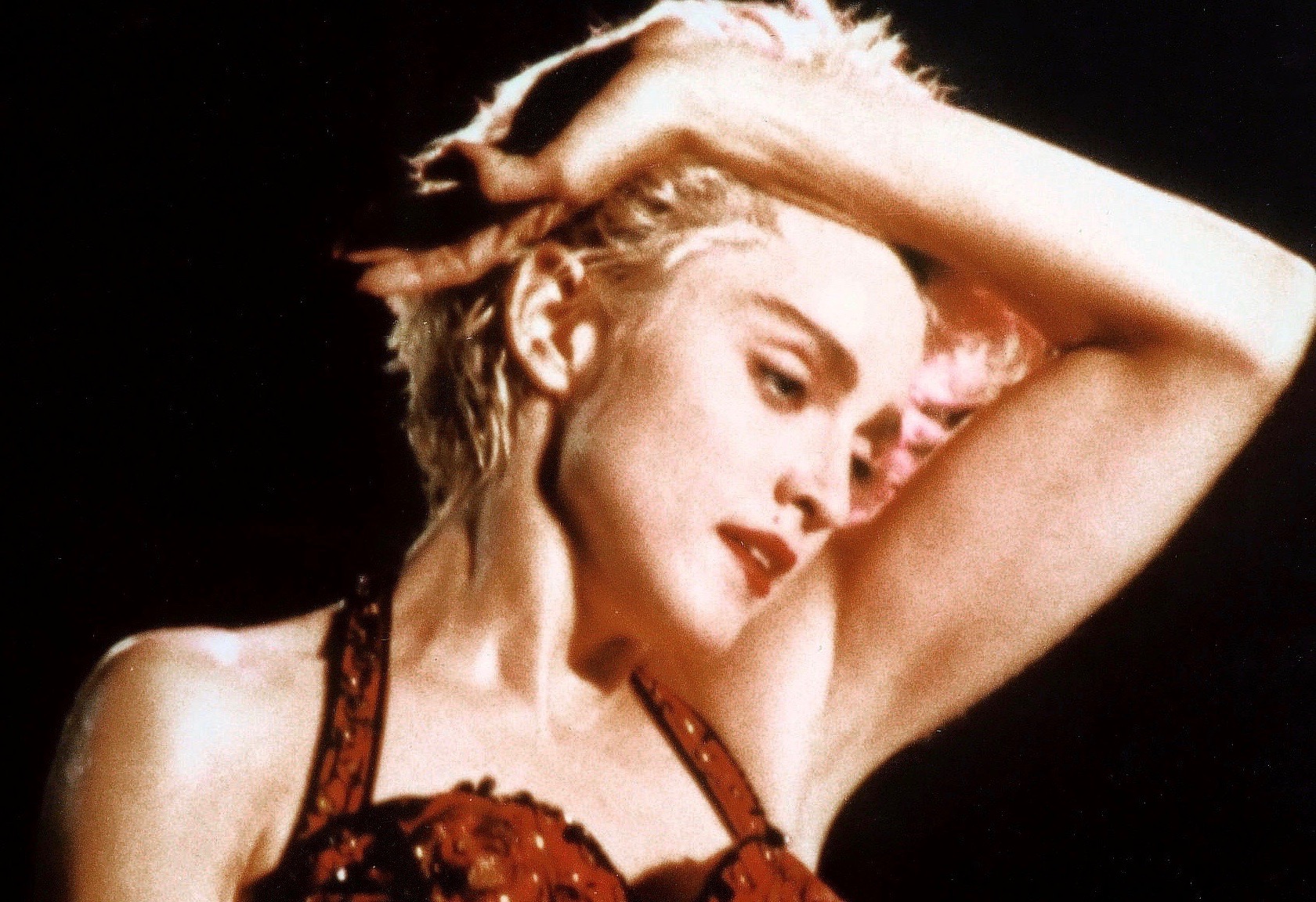Madonna: International Human Rights Defender
The breathless reporting of Madonna's various doings in Africa, including when she is given credit for things she didn't even do, should stop.

A young Madonna (Photo: Wiki Commons).
Apparently, while we were sleeping, Madonna became the new UN Secretary General. At least, that’s what these headlines (collected Wronging Rights) —following the pardon and release of Malawian couple Tiwonge Chimbalanga and Steven Monjeza — would have us believe.
“The Power of Madonna! Malawi Releases Gay Couple After Madge Protests!”
“Madonna saves gay couple in Malawi.”
“Jailed Malawian Gay Couple Released After Madonna Petitions.”
“A Madonna Miracle? Malawi Releases Gay Couple After Material One Protests.”
Because, you see, Madonna asked her fans to sign a petition against the original ruling which sentenced Chimbalanga and Monjeza to fourteen years in prison. And as South African news site, TimesLive, reports, following receipt of that petition (and, you know, meeting with actual UN ambassadors), that Malawi’s President Bingu wa Mutharika ordered the couple’s release. This site goes so far as to suggest that while they are unsure whether any private negotiations took place, perhaps all it took was Madonna threatening never to adopt kids from Malawi again. Whether this is said in jest is unclear.
Of course, while I commend Madonna for speaking out and urging her fans to do the same, she herself has never claimed that she is responsible for Chimbalanga and Monjeza’s release. Ban Ki-moon, though, should probably watch his back.
Another point on which the media has drastically neglected to do its duty is on reporting that the “gay” couple isn’t actually a “gay” couple. As has been pointed by TransGriot and Natacha Kennedy: Chimbalanga identifies as a transgender woman.
I suppose the media’s too busy petitioning for Madonna’s sainthood to focus on that.


















